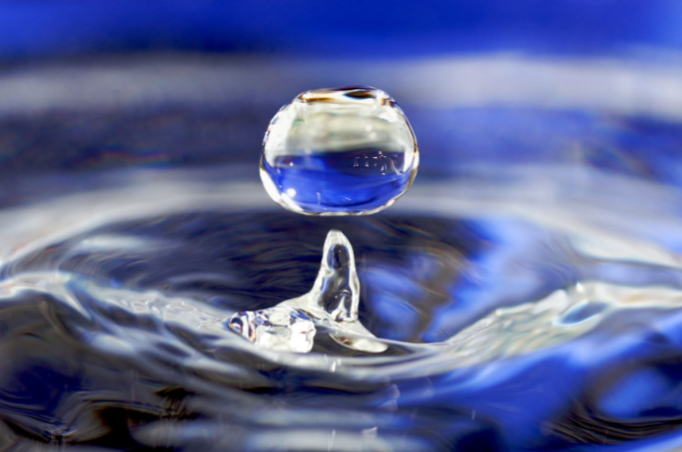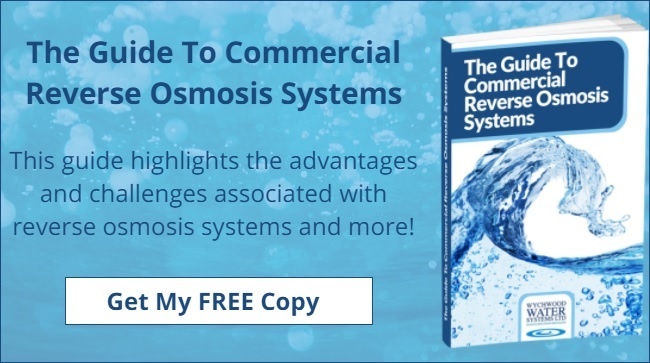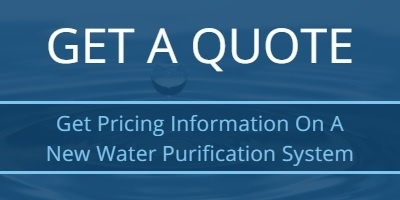
Climate change has increased the odds of drought in many parts of the world, making water recycling a critical way to survive the new global ecosystem. Recycled water can be used for everything from irrigation to groundwater recharge. It plays a key role in industry too, supplying process water to manufacturing plants, agricultural regions, and natural water sources. Recycled water sometimes has a higher concentration of minerals than potable water, but if the original source is pure, it can often be restored to potable water through filtration or demineralisation.

Recycled water is utilised in different ways in several key sectors:
Agriculture & Irrigation
Irrigation management can prevent soil degradation caused by specific ions or salts. Some plants are more sensitive to minerals than others, and drip irrigation with recycled water can be used to restore mineral balance to the soil, particularly in arable crop fields.
Treated grey water contributes to sustainable water supplies in many types of farm. A range of different recycle strategies can be combined to deliver just the right water quality for every crop. Recycled wastewater isn’t often used for direct food production, but it can be used to irrigate green areas. In the public sector this includes parks, golf courses, and schools. Microbiological contaminants must be eliminated, of course, so recycled water should be treated and filtered into potable water in populated regions.
Manufacturing & Power Generation
Recycled grey water can be used in industry as wash water and for cooling processes. It doesn’t suit the manufacture of sensitive electronics and chips, but it serves oil refineries, power stations and paper mills well. Grey water is adequate for dust control, concrete mixing, and flushing, among other tasks. Most businesses that rely on recycling use non-potable water, which can also be rerouted to recharge ground water aquifers during drought.
Food Production & Processing
Water is a key resource in food and beverage manufacturing, and reclaimed water can be used for cleaning, peeling, cooling, and cooking. Non-potable water is sufficient for cooling operations and general cleaning as well as early production line tasks such as washing and fluming. The legal requirements for every industry must be satisfied, of course.
In many cases, recycled water must be disinfected in keeping with the World Health Organisation’s standards defining potable water. In these cases, reverse osmosis, carbon, and other filtration methods will be used. This takes care of any water required for beverage and food production itself, but a water reclamation strategy will provide water for low-end uses that lack microbial quality requirements.
Electronics
Waste water can be used to recover precious metals used in the manufacture of electronic devices, which delivers significant savings. The semiconductor industry requires ultrapure water, and with the right recycling technology, you needn’t rely on mains water resources for it. Recycled water is ideal for cooling tower systems and even chilled water circuit pumps to keep facilities cool.
A Good Option For All Businesses
Water recycling helps reduce water bills while keeping plants and businesses functional. Contrary to common belief, reclamation can produce ultrapure water for delicate products and regulated industries – providing the right treatment plant is in place. Download our free Industrial Water Purification Guide today to find out more.









 We are a specialist independent company involved in water purification and water treatment technologies
We are a specialist independent company involved in water purification and water treatment technologies


